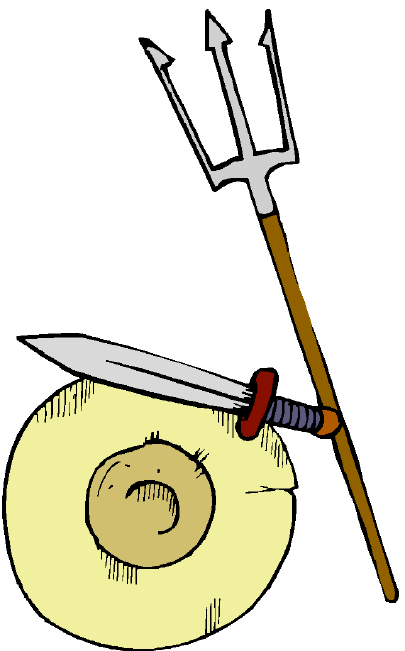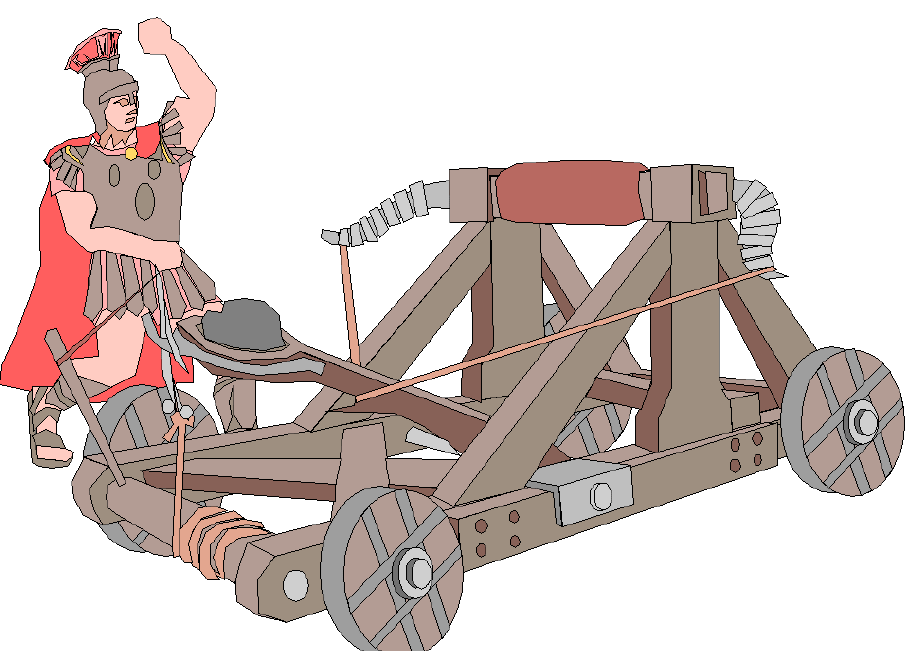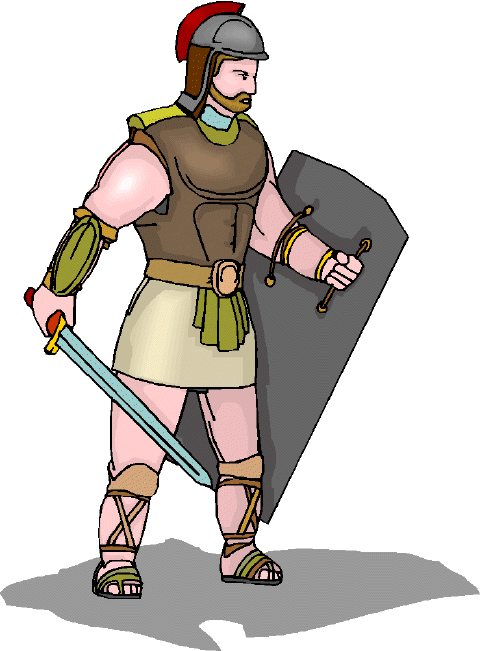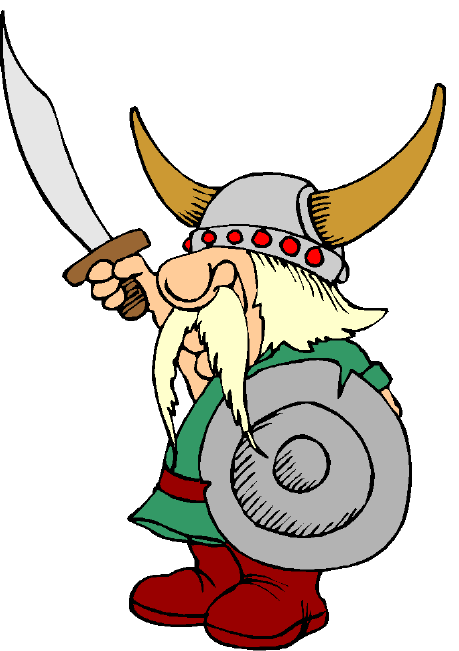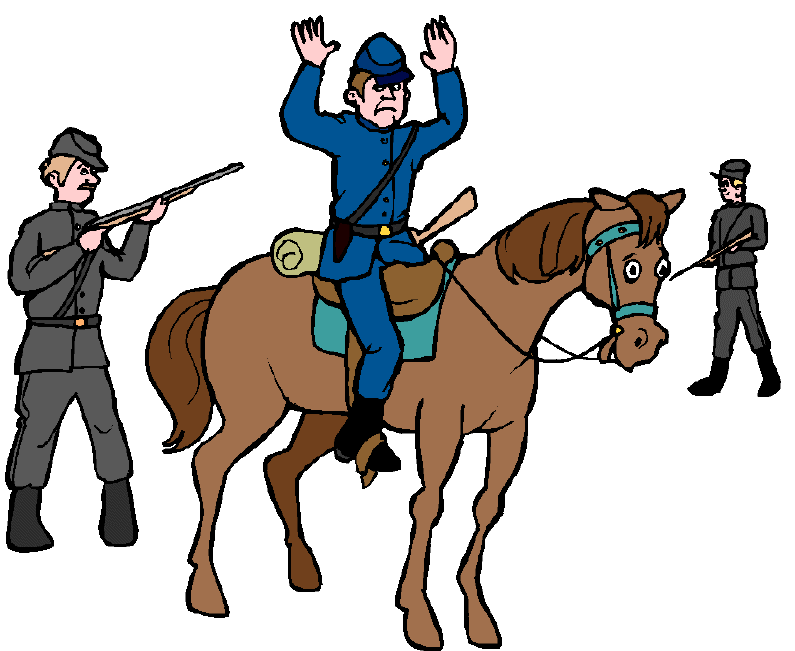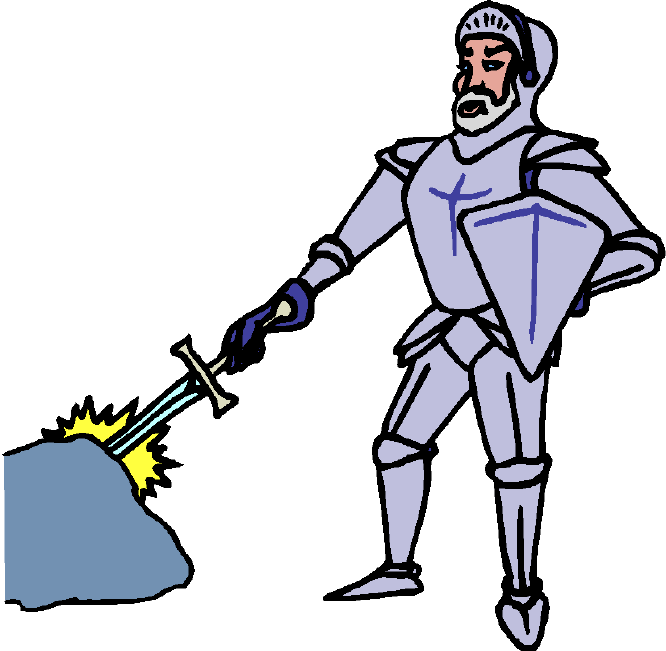We believe that within this website lies the only solution to the creation of World Peace
So far, nobody has shown us to the contrary
You may not have time to read all this website in one go. Why not save it to file or add it to favourites?
Before we talk about world peace and how to attain it,
let's start by having a look at war and how it began and developed. You can
witness the origins of war in man in the far distant past, by watching the
behaviour of modern chimpanzees in the present. One family troop of chimps
will quite happily go about its business swinging through the trees eating
fruit and chasing monkeys; indeed they have a grand old time of it until
they happen to run into another family troop of chimpanzees. Then what do
they do - shake hands and say nice to meet you, ask them how they're getting
along and what the weather is like on their side of the forest? They
don't do that do they - they try to knock the stuffing out of each other is
what they do, they will pick up sticks and they will throw stones and do
anything they can think of to chase the other chimpanzees out of their neck
of the woods.
It is of course all to do with survival; they don't want any other troops of chimps around competing with them for the same food and tree branches, so they fight to preserve some sort of territorial boundary. Man of course evolved beyond chimps; his stick wielding and stone throwing abilities are much better. However, he remained none the less territorial. Eventually, he became so confident with his new found abilities that rather than wait for a chance encounter with another tribe before having a fight, he would deliberately invade someone else's territory with the express purpose of taking it away from them, or stealing their food, women and animals, and so a rather unfortunate tendency developed in human behaviour.
The rest of course is history. Sticks and stones became spears and arrows. Stone knives became axes and eventually swords. Some clever Chinaman invented gunpowder and Ghengis Khan decided it was wasted on making fireworks, and so came guns, cannon and bombs. Man's inventiveness evolved and has never been idle in devising bigger and better ways of killing more and more people. The centuries gone by have been an endless saga of conflict and battles, attacks and defences, invasions and resistance. Today of course, the entire population of the world can be utterly destroyed at the touch of a button, but as far as our mentality is concerned, we have hardly moved any distance at all from the territorial instincts of a chimpanzee. Is that disturbing or what? (Territory can include political and religious boundaries as well as geographical ones).
The Disarmament Option
Ever since the first nuclear bombs were exploded there have been voices speaking out against them, and rightly so. The C.N.D. wants everyone to dismantle their atomic weapons and throw away the pieces. No one can deny that the world would be better off without any W.M.D's. But why stop there? Why not have a campaign to dispose of conventional weapons as well? Let's have a total ban on anything that can kill, maim or injure another person, and then we can all sleep safely in our beds at night. No we couldn't . In the first place, getting rid of all the weapons in the world wouldn't make it any more peaceful. People would just go back to killing each other with sticks and stones, and there will always be plenty of those around. If there weren't, people would kill each other with their bare hands. Disarmament then, does not equal peace; in fact it could mean people would be more ready to go to war. It would mean though, that the world would not be so likely to destroy itself as a result. In the second place, people are far too sneaky and devious to rely upon to fulfill any agreement to disarm. The advantages of keeping your own weapons while everybody else got rid of theirs are both great and obvious. The most unscrupulous of powers in the world would undoubtedly take advantage of such a situation and use it to assert themselves as the controlling factor in the world's affairs. In any case, if all the weapons in the world were destroyed there would always be the possibility of somebody developing them again and everybody ending up back at square one. No, multilateral disarmament, without some form of built in security, is not a viable option for world peace.
Option Two
Another option would be to keep all the weapons as they are, but for all the people to change. This option can be subdivided into two possible alternatives:
The first alternative is not going to happen. That's not to say that no-one is capable or willing to perfect themselves in this way. On the contrary; many people in the world today have already overcome their baser natures and are at this level of maturity. The problem is that this alternative requires everyone to attain a higher level of evolution; it would only take a small percentage of the population to remain at a lower level for the danger of war and self-destruction to remain a threat. It is the nature of this planet that there will always be imperfect people living on it. If people were already perfect then they wouldn't be living on this planet in the first place. In a democracy, these baser, less evolved individuals tend to put themselves forward for election for the selfish advantages of position and power. In a dictatorship, they are the ones to whom it appeals the most to have the power and do the dictating. In a world where there will always be imperfect, un-evolved people, there will always be the probability that they will get into power and cause trouble. Any plan for world peace, present or future, would have to be one that took the problem of an imperfect population into consideration. The second alternative appears to be the one most favoured by the current powers that be. They think that if every country had a democratically elected government, and every government supported the same policies, then a state of harmony would exist between all countries and there would be peace in spite of all the arms and weapons that some countries have. They would like to impose the same box-standard type of government and principles everywhere in the world and we'll all live happily ever after. This is all right in theory, but it still doesn't solve the problem of getting rid of all the weapons. In any case, why do they think that their policies and form of government is the best? How are they going to impose democracy on people who don't currently subscribe to it? Will we see more situations like the current one in Iraq? What happens when somebody realizes that there is a much higher system of government than democracy, will they be allowed to develop and evolve it or will they be forced to remain stultified in order to conform to the standard set by the majority? This idea depends on a very delicate balance of ideals and principles and is both too fragile and too inflexible to be a realistic long term solution. It was the exact same idea that the communists had when they were at their zenith, but of course they had a totally different box standard type of government and set of principles for everyone to adopt. No doubt there are many other different factions who would like their ideals and principles to be the ones for everyone to live by so clearly this is more likely to be a cause of contention rather than a pathway to peace.
Variation of the same theme:It would now be a good time to mention a variation of the same theme, and to cite some examples of it in history: They would be the expansion of the Roman empire, the conquests of Alexander the Great, and the legend of King Arthur and the knights of the round table. The Roman empire is a perfect example of the making uniform each state and country, however their idea was to subjugate everyone around them and place them under the rule of a centralized, Roman government. Of course this was done for the benefit of the Romans rather that any altruistic desire for peace. However it has to be said that within the boundaries of the Roman empire there existed a significant amount of order among all the countries that were under Roman rule. It would of course have involved a considerable amount of bloodshed whilst the empire was expanding but eventually it would have settled down to be something stable and peaceful, although there always would have been the danger of uprising and revolt under such an arrangement. Alexander the Great had a similar idea; he thought to conquer and subjugate the neighbouring lands but with the slightly different angle of incorporating the armies he defeated into his own army as he fought his way across eastern Europe. Of course we have seen similar ideas in recent history when Nazi Germany decided to impose its own form of rule and subjugation in the world on its neighbouring countries. Apparently however, nobody wanted to live for the gratification of a self-appointed master race and so a rather intense and bloody confrontation ensued. Given the nature of democracy and what's already been said about imperfect people and their tendency to put themselves in positions of power, it is not beyond the realms of possibility that a powerful country such as the United States could fall into the hands of a government that decided to impose its own values on other countries in the world, for whatever benefit to itself. Indeed, hasn't that been happening recently in Iraq? Now we come to a slight improvement on the preceding examples; the legend of King Arthur and the knights of the round table. Whether truth or fiction this serves as a perfect example of what could happen in the interests of peace. Arthur supposedly lived in Briton at a time when it was full of rival factions all behaving like the chimpanzees in the woods; they were at each other's throats vying for land and supremacy. Arthur came along with the grand idea that if they put all their armies into one big army, under one central command (the round table) then the kingdom of Briton could no longer suffer all these wars because one army cannot have a war by itself. Good isn't it? It's still basically the central government principle, but differs from that of the Roman empire who subjugated everyone, and that of Alexander the Great who merged his armies by conquering them, in that they all agreed to this plan willingly and without any bloodshed.
What if?What if the same thing were to happen today? Not in one country like ancient Briton of course, but every country. What if all the countries of the world disbanded each of their armies and replaced them with one universal army, under one central command? (But not one central government). Wouldn't that do away with war in a single stroke? Of course it would - you don't see any more wars happening in modern Britain do you? This is the central idea around which the plan for world peace dealt with on this website is based; the rest of the site is devoted to sorting out all the pro's and con's of such a scheme, overcoming the problems involved, and conceiving the best plan and tactics to see it through.
|
|
|




